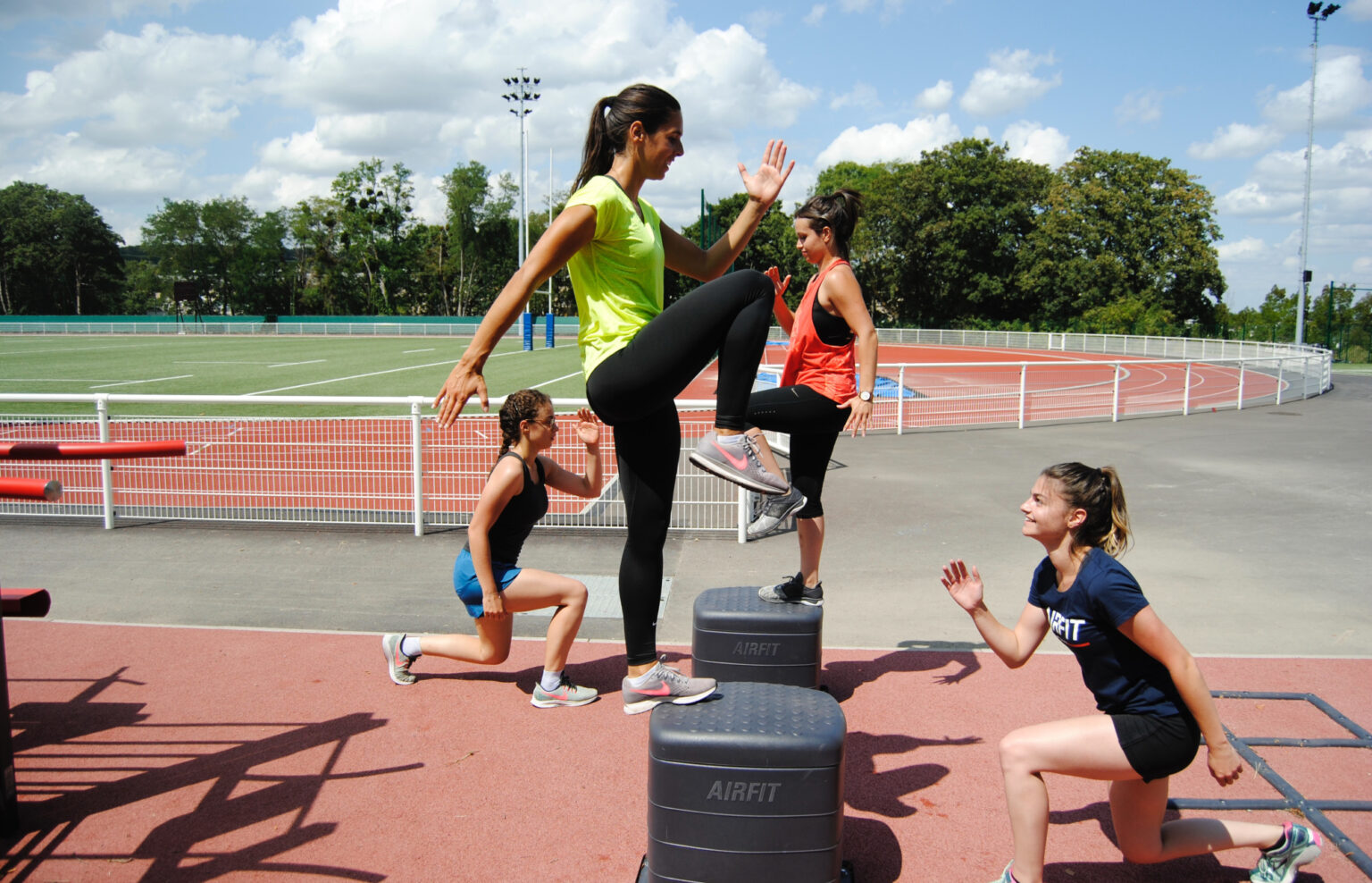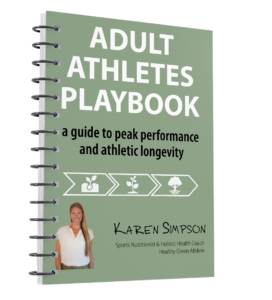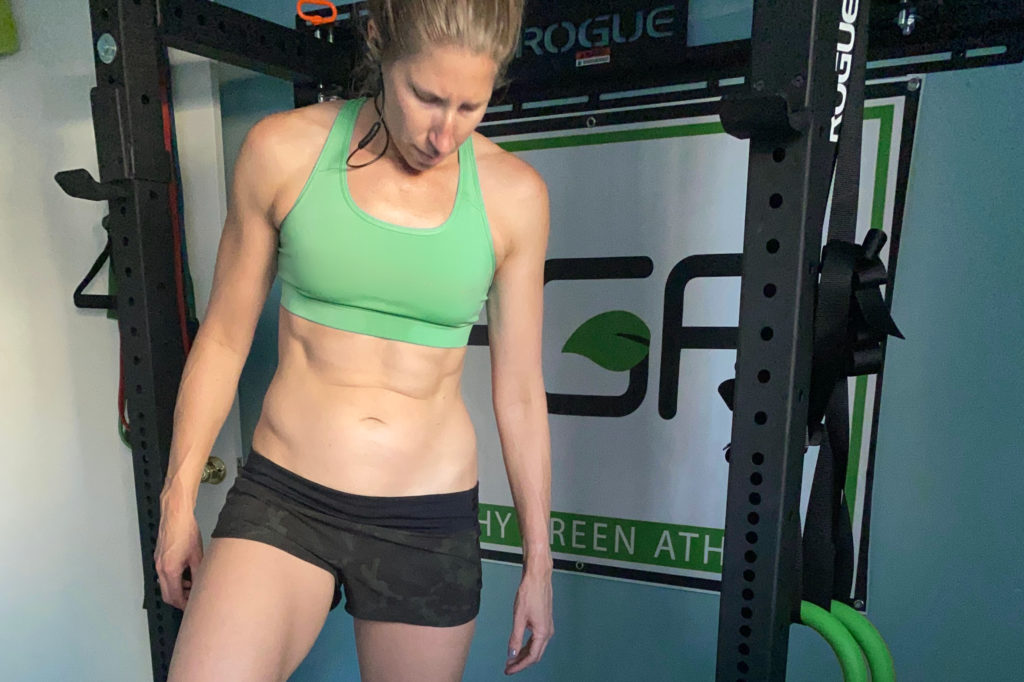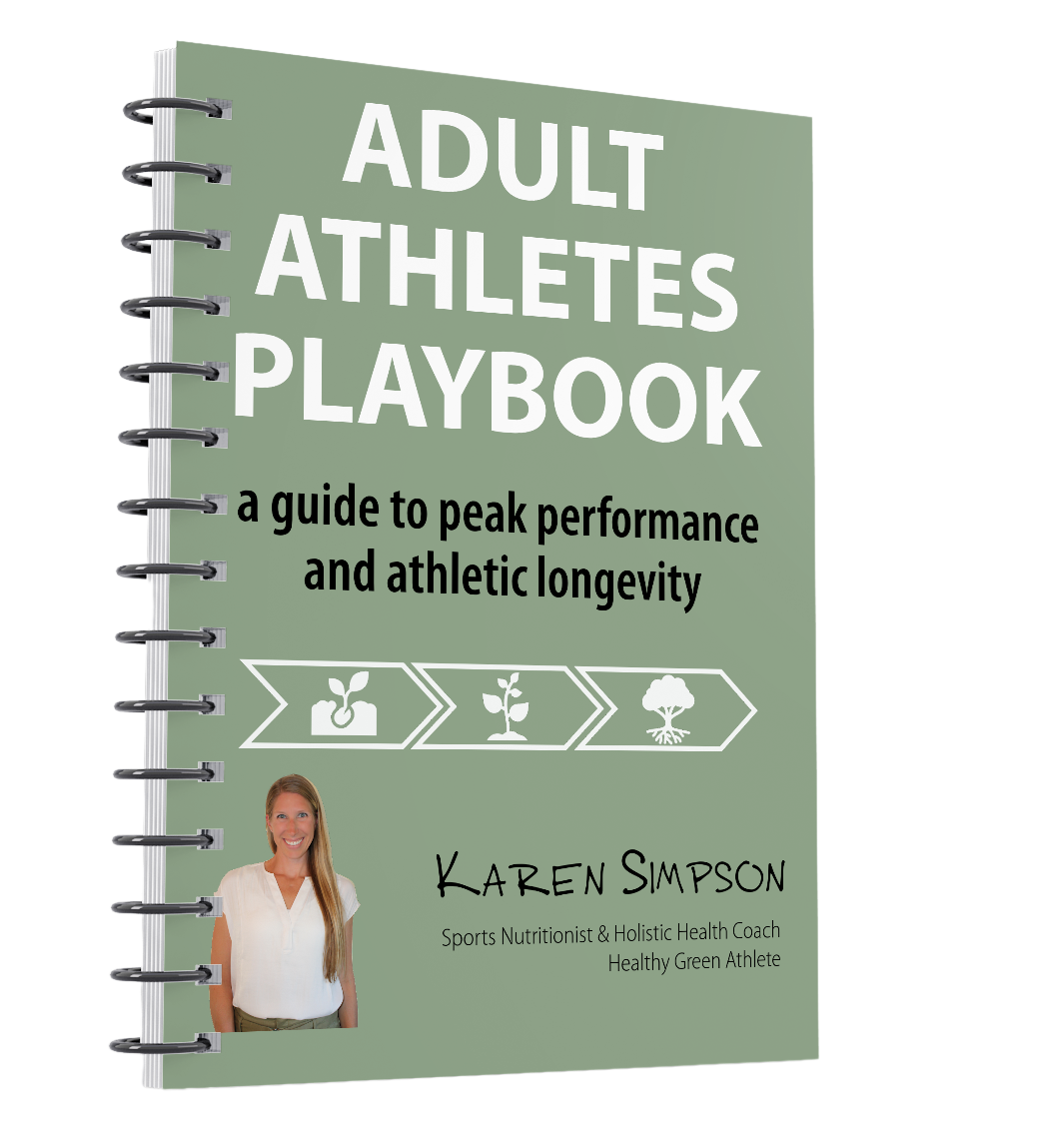Read time: 4 minutes, 30 seconds
Nutrition and training are crucial for all types of athletes as they directly impact performance, recovery, and overall health. Proper nutrition provides the necessary fuel for training sessions and competitions, supporting energy levels and endurance. It also plays a significant role in muscle repair and growth, ensuring athletes recover effectively and adapt to the demands of their sport. The right balance of macronutrients (carbohydrates, proteins, and fats) and micronutrients (vitamins and minerals) is essential to meet individual needs and optimize athletic performance. On the other hand, training allows athletes to develop the specific skills, physical attributes, and conditioning required for their particular sport or discipline. Regular and well-structured training builds strength, power, agility, endurance, and skill proficiency, enhancing an athlete’s ability to excel in their chosen domain.
Also Read: 7 Factors that Influence Adult Athlete Body Composition
Each type of athlete has unique needs due to the varied physical demands of their sport. Strength athletes require high protein intake to support muscle development, while endurance athletes need sufficient carbohydrates to sustain long-duration efforts. Skill-based athletes may benefit from brain-boosting nutrients to enhance focus and coordination.
Different sports and activities have different energy system requirements, and training programs should reflect those specific demands. For example, team sports athletes need to focus on tactical training, communication, and teamwork, while power athletes require explosive and plyometric exercises to enhance their performance. By recognizing and catering to these diverse needs, athletes can tailor their nutrition and training regimens to optimize their strengths and address weaknesses, maximizing their potential for success in their respective sports.
Also Read: 5 Pillars of Sports Nutrition for All Athletes
As a sports nutritionist, I work with all different types of athletes to come up with a game plan that works best for them. Their sport is just one factor that I consider when developing this plan. I also factor in their personal goals, health-related conditions, and their current skill level. Each athlete that I work with is incredibly unique but in this blog post, I share more information on the nutrition and training needs of main types of athletes.
Strength Athletes
Strength athletes participate in sports or activities that emphasize developing maximal muscle strength. This category includes weightlifters, powerlifters, and strongmen. Their training revolves around lifting heavy loads with lower repetitions to build and maintain significant muscle mass and explosive power.
Strength athletes, such as weightlifters and powerlifters, prioritize muscle growth and strength development. Their nutrition revolves around high protein intake to support muscle repair and growth, along with sufficient carbohydrates to fuel intense workouts and replenish glycogen stores. Healthy fats are also incorporated to aid hormone production and overall health.
Power Athletes
Power athletes focus on generating explosive bursts of strength and speed. They excel in sports like track and field (e.g., sprinters, jumpers, throwers), basketball, and football. Power athletes combine strength and speed to achieve peak performance in short-duration, high-intensity activities.
Power athletes, like sprinters and jumpers, focus on explosive bursts of energy. They require a balanced diet with an emphasis on carbohydrates to provide quick energy for short-duration, high-intensity activities. Adequate protein intake is necessary for muscle maintenance and repair, while healthy fats support energy metabolism.
Also Read: Why Carbohydrates Matter in Sports Nutrition
Endurance Athletes
Endurance athletes specialize in sports that require prolonged efforts and cardiovascular stamina. This category includes runners, cyclists, swimmers, triathletes, and long-distance athletes. They train to improve their aerobic capacity and efficiency to sustain physical activity over extended periods.
Endurance athletes, such as runners and cyclists, depend heavily on carbohydrates to sustain prolonged efforts. Their nutrition emphasizes carbohydrate loading to maintain glycogen stores, along with moderate protein intake for muscle support and repair. Healthy fats are included to promote sustained energy and overall health.
Also Read: A Comprehensive Guide to Nutrition for Endurance Athletes
Team Sport Athletes
Team sports athletes participate in sports that require cooperation and competition as part of a team. This category includes soccer, basketball, baseball, hockey, rugby, and volleyball. Team sports athletes need a combination of strength, power, speed, agility, strategy, skills, and endurance to perform well in their respective positions. The combination of these elements depends on the sport and may even differ between positions in the same sport.
Team sports athletes need a mix of nutrients, including carbohydrates for quick energy during games, protein for muscle recovery and growth, and fats for energy storage and hormone regulation. Their nutrition may also focus on rapid post-game recovery to prepare for subsequent matches. Especially since these sports tend to participate in day-long or multi-day tournaments where eating to fuel and recover helps to sustain performance.
Also Read: 9 Hacks to Improve Your Athletic Performance
Skill-Based Athletes
Skill-based athletes, such as gymnasts, dancers, figure skaters, and martial artists, require a unique training and nutrition approach that emphasizes agility, coordination, balance, and flexibility. Their training focuses on developing specific technical skills and mastering complex movements, often involving bodyweight exercises and precise motor skills. Skill-based athletes may engage in strength training to build functional strength and muscular endurance, but the emphasis lies on refining their technique and perfecting routines or movements. They may also incorporate drills, plyometrics, and body awareness exercises to enhance their proprioception and spatial awareness, essential for executing intricate movements with precision.
Their nutrition should emphasize nutrient-dense foods that support bone health, joint integrity, and overall performance. Carbohydrates are essential to fuel high-intensity training sessions, while protein aids in muscle repair and recovery from repetitive movements. Skill-based athletes may benefit from incorporating brain-boosting foods, such as omega-3 fatty acids and antioxidants, to support focus and cognitive function. Proper hydration is vital to maintain coordination and performance during practice and competition.
Related Articles
Flexibility and Balance Athletes
Flexibility and balance athletes participate in sports that emphasize flexibility, mobility, and body control. This category includes yoga practitioners, rhythmic gymnasts, and acrobats. These athletes require exceptional flexibility and balance to perform complex movements with grace and precision.
Nutrition is essential for flexibility athletes, such as dancers, gymnasts, and contortionists, who require exceptional range of motion and suppleness. These athletes should focus on supporting joint health, muscle recovery, and overall well-being. Consuming a balanced diet with adequate protein helps in muscle repair and flexibility development. Foods rich in antioxidants, such as colorful fruits and vegetables, can aid in reducing inflammation and supporting tissue health. Staying hydrated is crucial to maintain joint lubrication and prevent stiffness. Additionally, including healthy fats in the diet can support joint flexibility and overall joint health.
Aesthetic Athletes
Aesthetic athletes are a unique category of individuals who prioritize physical appearance, symmetry, and aesthetics in their training and performance. They engage in activities like bodybuilding, fitness competitions, and artistic sports that emphasize showcasing a well-defined, sculpted physique. These athletes work meticulously to attain a balanced and visually appealing body composition. They focus on muscle definition, proportion, and posing techniques during competitions and exhibitions.
Aesthetic athletes, like bodybuilders and fitness competitors, focus on body composition and visual appeal. Their nutrition typically involves strict macronutrient manipulation, with precise timing of carbohydrates and protein intake to optimize muscle definition and minimize body fat.
Also Read: The Carbohydrate Conundrum: The Truth About Good and Bad Carbs
Mixed Discipline Athletes
Training and nutrition for mixed-discipline athletes, who participate in sports that require diverse physical demands, necessitate a comprehensive and flexible approach. These athletes need to balance different training modalities, such as strength and endurance, power and skill, or speed and agility, depending on the requirements of their various sports or disciplines. Their training programs should be designed to address the specific needs of each sport while also considering recovery and injury prevention.
Nutrition plays a crucial role in supporting mixed-discipline athletes, as they need to meet the energy demands of different training sessions and competitions. Adequate intake of macronutrients like carbohydrates, proteins, and fats is essential to fuel various activities, repair and build muscle, and optimize energy levels. Micronutrients are equally vital to support overall health and performance. Mixed-discipline athletes may need to adjust their nutrition strategies based on the type of training they are doing on a particular day or leading up to specific events.
Also Read: The Vital Role of Micronutrients in Athletic Performance
What All Athletes Have In Common...
All athletes should eat to support energy demands, recovery, and general health. Carbohydrates fuel high-intensity and long-duration activities. Protein is essential for muscle repair and recovery. All athletes should consume nutrient-dense foods to meet their micronutrient needs. Proper nutrition will support optimal bone health, joint integrity, and overall performance for many years to come.
Proper hydration is also crucial to maintain focus, coordination, and performance during practice and competition. Especially for activities with high cardiovascular demand or in warm environments. Balancing energy intake and expenditure is essential for adult athletes to avoid unnecessary weight fluctuations and ensure they have the energy needed to perform at their best.













One Comment
Pingback: